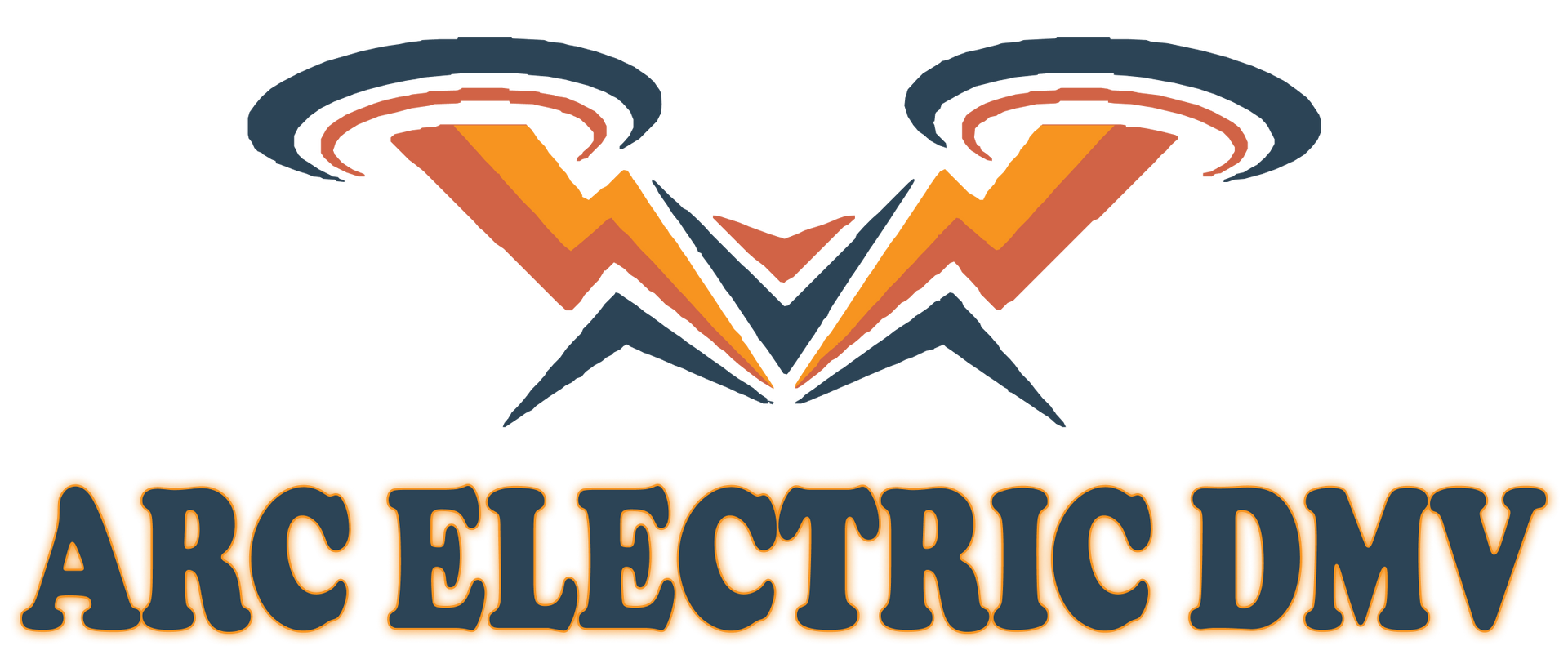FAQs
FREQUENTLY ASKED QUESTIONS
Do I need a permit to install an EV charger at home?
Yes, in most cases, a permit is required to ensure the installation meets electrical codes and safety standards. A licensed electrician can handle the permitting process as part of the service.
How do I know if I need a service panel upgrade?
Signs include frequent breaker trips, flickering lights, or the inability to power new appliances. An evaluation by a licensed electrician can determine if your panel needs upgrading.
What are the risks of old or outdated wiring?
Aging or damaged wiring can lead to electrical fires, power surges, or equipment failure. Rewiring helps maintain system safety and efficiency, especially in older homes or renovated spaces.
Can I view my security camera feed remotely?
Yes, modern systems often include remote access through mobile apps or online portals, allowing you to monitor your property in real-time from anywhere with an internet connection.
What qualifies as an electrical emergency?
Situations like burning smells, sparking outlets, power loss, or exposed wires are all emergencies. A qualified electrician should address them immediately to avoid serious hazards.
Is it possible to automate just one part of my home?
Absolutely. Home automation can be customized to your needs—whether it’s lighting, thermostats, or a full smart home setup. You can always expand your system over time.
How long does it take to install a home EV charger?
Most installations take a few hours to complete, depending on the existing electrical setup. The process includes mounting the unit, running new wiring if needed, and testing the system.
Will rewiring damage my walls or ceilings?
Some access points may be needed to reach wiring behind walls, but experienced electricians use techniques that minimize damage and keep disruptions to your space as low as possible.

